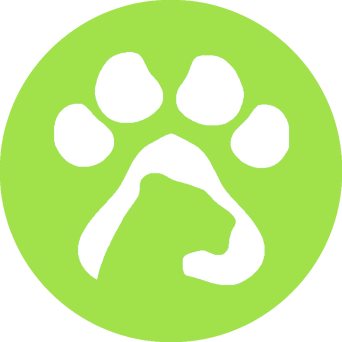A Guide To Kenyan English
July 4, 2017
The Green Lion
“Sasa!” and “mambo” are the classic greetings in Kirwara, a tiny village in the Gatanga district in Kenya where I spent a little over a month in.
Kenyan Kiswahili has been deeply influenced by Sheng – an alternative Swahili that developed among the urban youth of Eastern Nairobi during the 70’s and spread into the rest of Kenya.
The Swahili spoken in Kenya is anything less than “fasaha” (clean), and the English spoken is even less so. With tons of words and slang coming from Swahili and others coming from their tribal language (most Kenyans can speak at least three languages!) – their informal, everyday English is a beautiful mix of slangs and languages.
Here are the quirkiest things that many Kenyans say!
The “nini”
Meaning: It is basically a filler for a word they don’t know or can’t instantly remember. The closest translation to American English would be “the thingy”.
Martha, the housekeeper, was always saying “nini”, “pass me the nini”, “I am searching for nini”. I always found it very funny and couldn’t understand why she was always saying those two syllables. It took me a good two weeks to wrap my head around what it actually meant and suddenly everything made sense.
Alight
Meaning: To get out.
“I alighted the bus.”
I found it so funny when anyone said this because it sounds so damn proper.
You People
Meaning: You guys
I had a heard time adjusting to this phrase because at first, it sounded so rude to me. I soon got used to it, and even started saying it myself. It basically means you (plural).
“You people” are going to the party or “you people should be here at 8”. It is mostly used by the younger generations.
Smart
Meaning: Beautiful.
“You are soooo smart!”, was one of the things Kenyan girls loved saying to me. “Your hair is soooo smart”, was another (they love the Western straight hair) or “your dress is so smart!”.
At first, I thought they meant I was very smart (intelligent), but after some time I realized they were calling me/my hair/my dress beautiful.
“Howayu”
Meaning: How are you.
No explanation needed.
Sawa
Meaning 1: Ok
Meaning 2 “Sawa sawa”: Very good.
One “sawa” means it is ok (whatever you have just suggested). “Sawa sawa” means it is more than ok, it is great!
Sorry or “Pole”
Meaning: Sorry.
We have reached
Meaning: We have arrived.
That’s it. It sounds so inconclusive that I struggled so much with it at first. It means “we have arrived”. But to where?! WHERE HAVE YOU REACHED? or WHAT did you reach exactly?.
“Me”
“Me, I have been in Nairobi” or “Me, I am from Kenya”. Either sentence would work just as well sans “me”, but Kenyans like saying it for some reason.
“Fine day”
My friend Grace was always saying this and I loved it. It sounded sooo proper. “Maybe one of these fine days we can go to Mombasa” or “On that fine day he told me he was coming to Kenya”.
Pole pole
Meaning: Slowly.
Go “pole pole”. Because in Africa, everything is pole pole. Don’t rush. And get used to it or you will suffer.








